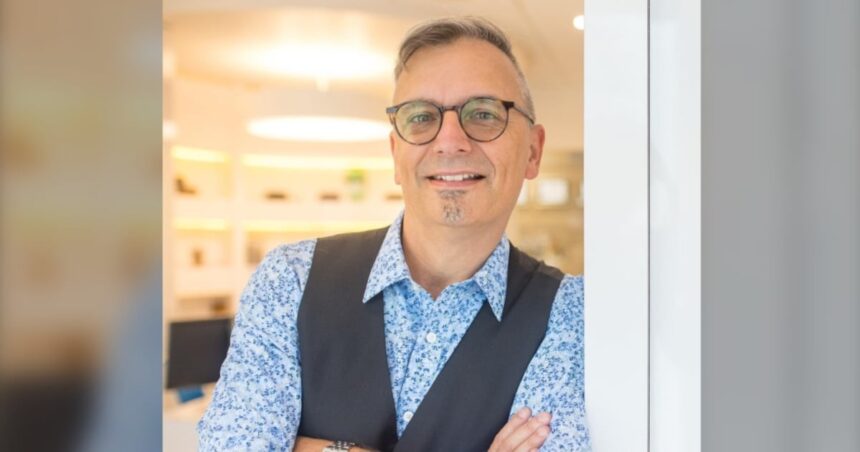I carefully combed through the courtroom during Wednesday’s final sentencing in what prosecutors called one of the most disturbing murder cases in Halifax’s recent history. Alexander Thomas, 36, will spend at least 25 years behind bars for the brutal 2021 murder of James Smith, a well-respected Halifax optician.
The Halifax Supreme Court fell silent as Justice Robert Wright delivered his decision, calling the crime “particularly heinous” and demonstrating “a shocking disregard for human life.” Thomas, wearing a gray suit and appearing emotionless, stood as the sentence was read.
“The victim was targeted in his workplace, a place where he provided essential healthcare services to the community,” Justice Wright stated. “This attack has not only robbed a family of their loved one but has shaken the sense of security for small business owners across Halifax.”
According to court documents I reviewed, Thomas entered Smith’s downtown optometry clinic on March 12, 2021, posing as a customer before attacking the 58-year-old with a concealed weapon. Security footage showed Thomas had visited the location twice in the week prior, suggesting premeditation.
Crown prosecutor Maria Stevens presented evidence from forensic investigators who determined Smith suffered multiple wounds in what was described as “an attack of extreme violence.” The murder weapon, recovered from Halifax Harbour three days after the killing, contained DNA evidence linking Thomas to the crime.
“This wasn’t just a murder – it was an execution,” Stevens told the court during her closing arguments last month. “Mr. Smith was selected, stalked, and killed with calculation that demonstrates the accused’s danger to society.”
Defense attorney Paul Johnson had argued for parole eligibility after 15 years, citing Thomas’s difficult childhood and struggles with mental health. However, psychiatric evaluations presented during trial determined Thomas did not meet the threshold for diminished capacity.
Smith’s daughter, Emma, delivered a victim impact statement that left many in the courtroom visibly moved. “My father measured people’s vision so they could see the world more clearly,” she said, her voice breaking. “Who measures the depth of our loss now that he’s gone?”
The case attracted significant attention after investigators discovered Thomas had no prior connection to Smith. The randomness of victim selection particularly troubled Detective Sergeant Carolyn Peters, who led the investigation.
“In my 22 years of policing, cases where victims appear randomly selected present unique public safety concerns,” Peters told me during an interview outside the courthouse. “The methodical nature of this crime required our investigative team to work backward from the crime scene to establish motive.”
The breakthrough in the case came when digital forensic specialists recovered search histories from Thomas’s devices showing queries about optometry clinics, security cameras, and knife attack techniques in the weeks before the murder.
The Halifax Association of Small Business Owners, which Smith had been an active member of for over a decade, released a statement expressing relief at the conclusion of the case. “James was more than a business owner; he was a community builder who volunteered at free vision clinics for those who couldn’t afford care,” said Association President Daniel MacDonald.
Criminologist Dr. Rebecca Taylor from Dalhousie University, who observed parts of the trial, noted the case highlights concerning patterns about public space violence. “When murders occur in places we consider safe—healthcare settings, small businesses—it creates a ripple effect of trauma throughout communities,” Taylor explained.
Thomas will be eligible to apply for parole in March 2046, though Justice Wright noted in his decision that “parole eligibility does not guarantee release.” Thomas has 30 days to file an appeal.
For Smith’s family, the sentencing represents the end of a grueling two-year legal process. “No number of years brings Dad back,” said Smith’s son Michael after the hearing. “But knowing the person responsible can’t hurt anyone else gives us some measure of peace.”
The case has prompted calls from business associations for enhanced security protocol reviews for small healthcare providers who often work alone or in vulnerable settings.
As Thomas was led away by sheriffs, Smith’s widow Catherine watched silently, clutching a framed photograph of her husband of 32 years. Outside in the spring rain, she declined to speak to waiting reporters, but her brother told me the family would now focus on “remembering James for how he lived, not how he died.”






